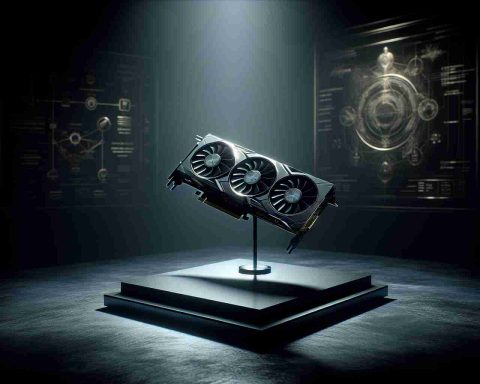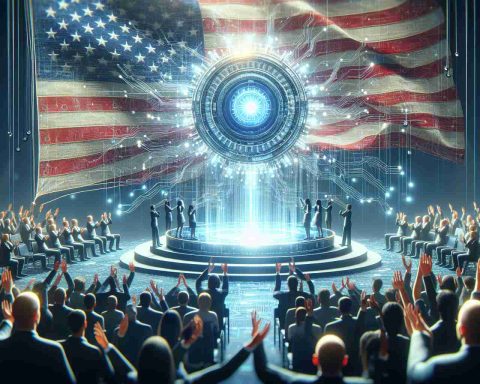A new study has revealed that authors of fantasy novels who utilize artificial intelligence applications to assist in their writing tend to produce works that are more similar to each other compared to novels written by human authors alone. Researchers from the London College and Exeter University found that incorporating the results of AI into fantasy novels leads to a decrease in the overall creativity and uniqueness, resulting in a similarity among these AI-assisted novels. However, the use of artificial intelligence can somehow enhance the creativity of individual writers, even if the output may resemble the work of their peers using the same technology.
This study, published in the journal “Science Advances,” comes at a time when creative arts and media institutions are grappling with the expanding use of what is known as generative artificial intelligence. While financial times and the AI company “OpenAI” have reached agreements to use old newspaper articles to train the AI platform ChatGPT, several American newspapers have filed lawsuits against Microsoft and OpenAI for allegedly infringing on their intellectual property rights by using their content to train AI platforms.
Last year, American screenwriters staged a strike in Hollywood due to concerns about the use of artificial intelligence in scriptwriting. Researchers Anil Doshi and Oliver Hauser, involved in the study, stated that if the publishing industry expands to distribute AI-written stories, the result will be stories that are less unique and more alike.
The academic study involved approximately 900 individuals, a third of whom were writers and the remainder critics. These findings confirm the opinion expressed by Australian singer Nick Cave earlier regarding musical compositions created using AI with a similar mysterious storytelling style.
In 2023, Cave noted that artificial intelligence can mimic but cannot possess the true human experience that gives real creativity its unique essence, highlighting that songs are born out of suffering, while AI platforms do not suffer.
The Impact of Artificial Intelligence on Creative Writing: Exploring New Dimensions
Exploring Uncharted Territory: As the integration of artificial intelligence in creative writing continues to evolve, new dimensions are constantly being uncovered. For instance, a lesser-known fact is that AI can be utilized not only for generating content but also for providing real-time feedback and suggestions to writers, enhancing their creative process in unprecedented ways.
Important Questions: One crucial question that arises is whether AI can truly understand and replicate human emotions and experiences to the same depth as human writers. Another significant query is how the role of authors may shift in a landscape where AI becomes more prominent in the creative process.
Key Challenges and Controversies: One of the primary challenges associated with the impact of artificial intelligence on creative writing is the potential homogenization of content. Can AI-generated works maintain diversity and originality, or will they converge towards a common theme or style? The controversial issue of intellectual property rights also comes to the forefront, as seen in the conflicts between AI companies and traditional media outlets.
Advantages and Disadvantages: The advantages of AI in creative writing are undeniable, from streamlining the writing process to sparking new ideas. However, a major disadvantage is the risk of losing the essence of human creativity and originality, leading to a saturation of content that lacks the depth and uniqueness inherent in works created solely by human authors.
Related Links: For further insights into the intersection of artificial intelligence and creative writing, visit OpenAI. This domain provides a wealth of resources on AI technologies and their applications in various fields, including the arts.
As the dialogue around artificial intelligence and creative writing expands, it is essential to delve deeper into these unexplored facets to grasp the full scope of the impact and implications of this technological integration on the art of storytelling.

















